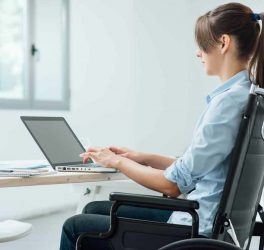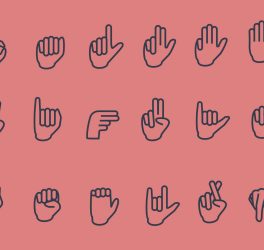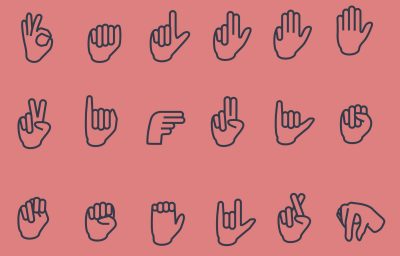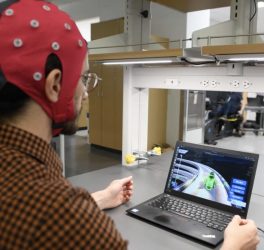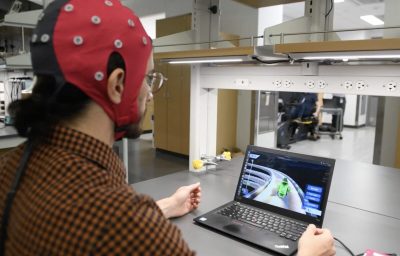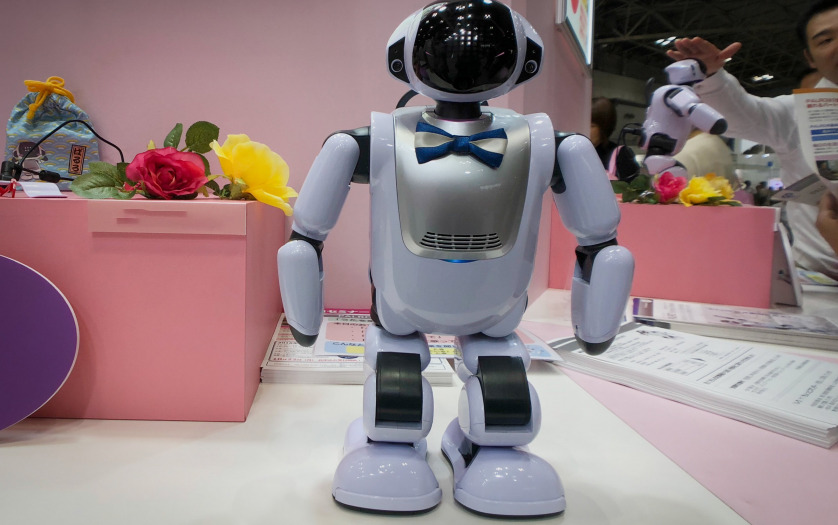
University of Louisville study has found that robots can help autistic children with their emotions and behavior in the classroom. A new study aims to take that research several steps further.
Three UofL faculty – Dan Popa, Karla Welch and Greg Barnes – along with a researcher from the University of North Carolina at Charlotte to study robots’ impact on autistic kids.
Popa said the grant will allow his Next Generation robotics team and the UofL Autism Center to do three things:
- Build a new robot that’s more interactive and intelligent;
- Develop a new quantitative scale, using the robot, to more accurately determine where children fall on the autism spectrum;
- Develop more focused, adaptive therapies for each child.
Popa said the goal is to come up with a robot that’s a diagnostic tool as well as a “friend” to kids with autism beginning at age six. Currently, Popa said, there is no objective, quantitative way to assess the severity of a child’s autism. He thinks robotics and artificial intelligence could change that.
A robot could potentially be used in group and one-on-one therapy sessions with the child also taking their friendly, non-threatening partner home with them. The robot could continue to collect data on the child’s behavior and cognition at home.
“Studies show autistic kids interact with technology as well as non-autistic children by the time they’re 18 years old” Popa said. “If we give them a robot it could help them develop social skills comparable to the robot and, ultimately, other kids.”

